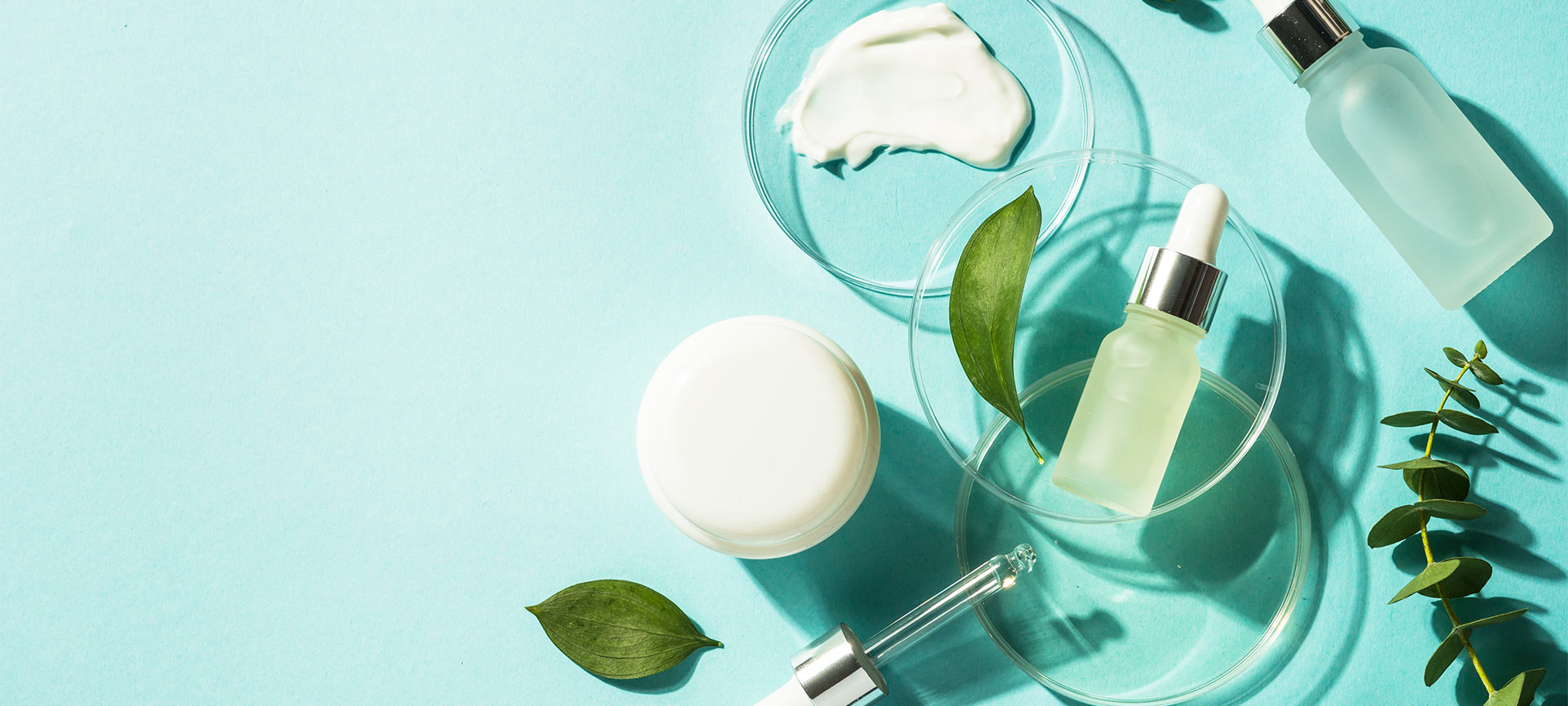
Retinoids: The Definitive Guide
Considered the “gold standard” of skincare, retinoid products are one of the most studied skincare ingredients in history. The benefits of these products for healthier, more youthful skin are endless, and there is over 30 years of research to back them.Vitamin A is the source of retinoids, which are powerful antioxidants.
What is the difference between retinoids and retinol?
Even though people use the words “retinoid” and “retinol” interchangeably, they do not mean the same thing. Retinoids are strong chemicals prescribed for treating acne, scars, stretch marks, lines, wrinkles, and other skin issues. Dermatologists recommend them for chronic acne, acne scarring, stretch marks, fine lines and wrinkles, and much more.
They contain a lot of retinoic acid, which can attach to almost any skin cell receptor. They work faster, exfoliate the skin and boost collagen production more aggressively.
Retinol, the over-the-counter version of retinoid, typically appears in skincare products. The smallest and purest molecule in the vitamin A family, it works more gradually than retinoids.
Key Benefits of Retinoids
- Increases cell turnover: Retinoids penetrate the middle layer of the skin (the dermis) to stimulate cellular activity, which increases cell turnover. This speeds up the rate at which pigmented cells remove, helping to reverse photodamage, such as dark spots.
- Boosts collagen to smooth wrinkles: Vitamins and their derivatives help stimulate collagen production, which boosts skin elasticity and thickness. This results in an improvement of wrinkles, acne, and discoloration.
- Prevents and treats acne: Retinoids help unclog pores and make them appear smaller by decreasing the activity of enzymes that form oil and fat. This keeps the skin free of dead cells, bacteria, and sebum buildup.
How to Use Retinoids
- Take it slow: It takes time for your skin to get used to the ingredient. Ellie Zarnegar, PA, DMSc, advises patients to use the product once a week for the first week. After that, she advises increasing the usage to twice a week for the next two weeks. This pattern should continue for subsequent weeks.
- Listen to your skin. If it feels dry, red, or stings, reduce how often you use it. Also, note that a pea-size amount is enough for the entire face.
- Buffer: “Buffering” is mixing the retinoid product with a moisturizer to help your skin adjust and reduce irritation. If you have dry or sensitive skin, layer your retinol product over a hydrating serum such as hyaluronic acid.
- Be careful what you mix it with: PA Ellie DMSc, recommends avoiding anything that could further irritate the skin, such as alpha-hydroxy acids (AHAs) or benzoyl peroxide. Retinoids and AHAs can cancel out each other’s effects on the skin because they dissolve in different substances.
- Use at night: it is best to use a retinoid product at night since they can break down quickly when exposed to the sun. Skin repairs itself at night, so anti-aging ingredients work better when used before bed.
How it works:
Retinoids stimulate the production of collagen, the structural protein responsible for skin’s resilience and plump, young appearance. Retinoids are remarkable because they encourage cellular turnover in the skin’s dermal layers and have been shown to connect with living cells to promote the production of new, healthier cells. This ongoing regeneration is what makes retinoids effective against both sunburn and wrinkles.
Frequently Asked Questions:
Can you use retinoids or retinol products during pregnancy?
Retinol is not recommended for pregnant or breastfeeding women since it can cause birth abnormalities.
How can retinoids reduce fine lines and wrinkles?
Cell turnover and increased collagen are the two fundamental ways in which retinols and retinoids function. The skin’s capacity to shed the layer of dead cells on the surface naturally declines as we age. Retinol promotes cell turnover, which brightens the face and reduces the appearance of fine lines and wrinkles.
Why shouldn’t you use Retinol products in the sun?
When Retinol is exposed to sunlight, it deactivates and makes the skin more sensitive to sunburn, especially during the first six to eight weeks of product use.
Upgrade Your Skincare Routine Today
At Essential Aesthetics, we offer a variety of medical-grade skincare products, including prescription-strength retinoid cream. Call or text us at 925.855.1773 or request a consultation online to learn more.
